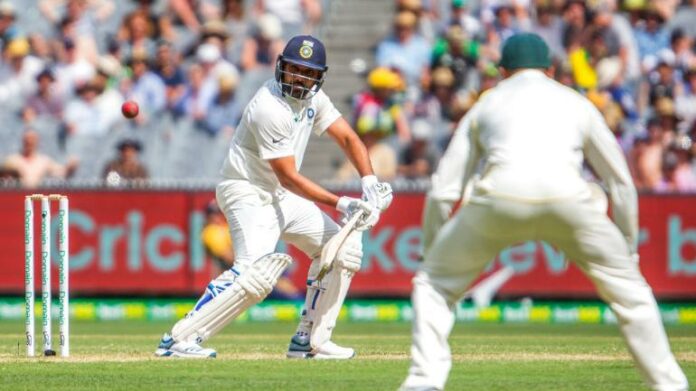Rohit Sharma’s recent struggles with form have become a significant talking point in the cricketing community, particularly during the ongoing Border-Gavaskar Trophy against Australia.
As India battles to regain its footing in the series, Rohit’s performance has raised concerns among fans and analysts alike. Here are three key reasons contributing to his current difficulties at the crease.
1. Shift to Middle Order Batting
One of the most significant factors affecting Rohit Sharma’s form is his recent move from opening the innings to batting at number six.
Traditionally, Rohit has been a successful opener, where he can dictate terms and settle into his innings. However, accommodating KL Rahul at the top of the order has forced him to adjust his role, which has not yielded positive results.
Cheteshwar Pujara highlighted that this shift has placed Rohit in a position of uncertainty, as he is no longer able to play his natural game.
The waiting time before batting can disrupt a player’s rhythm, leading to indecision and vulnerability against quality bowling attacks like Australia’s.
2. Technical Flaws Against Quality Pace
Rohit Sharma’s technical approach has come under scrutiny, particularly against the Australian pace attack led by Pat Cummins.
In recent matches, he has struggled to handle deliveries outside off-stump, often playing loose shots that have resulted in his dismissal.
His latest innings saw him edge a delivery from Cummins to the wicketkeeper after attempting an aggressive shot rather than playing defensively.
This pattern of dismissals indicates a lack of confidence and clarity in his batting technique, making him susceptible to being exploited by bowlers who can consistently hit their lengths.
3. Pressure from Leadership and Fan Expectations
As captain of the Indian team, Rohit Sharma faces immense pressure not only to perform personally but also to lead his team effectively through challenging situations.
The team’s struggles in the Test series have amplified scrutiny on his leadership and batting performance.
Fans have expressed frustration over his inability to score runs consistently, leading to calls for retirement and questions about his future in Test cricket.
This external pressure can weigh heavily on a player’s mind, affecting their performance on the field. The combination of high expectations and disappointing results can create a mental block that further hinders a player’s ability to succeed.


